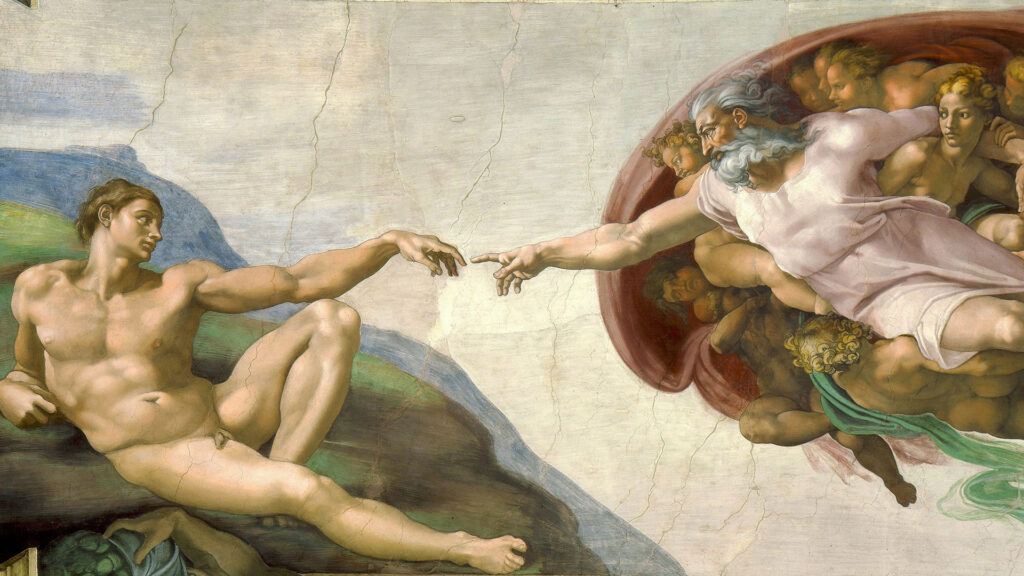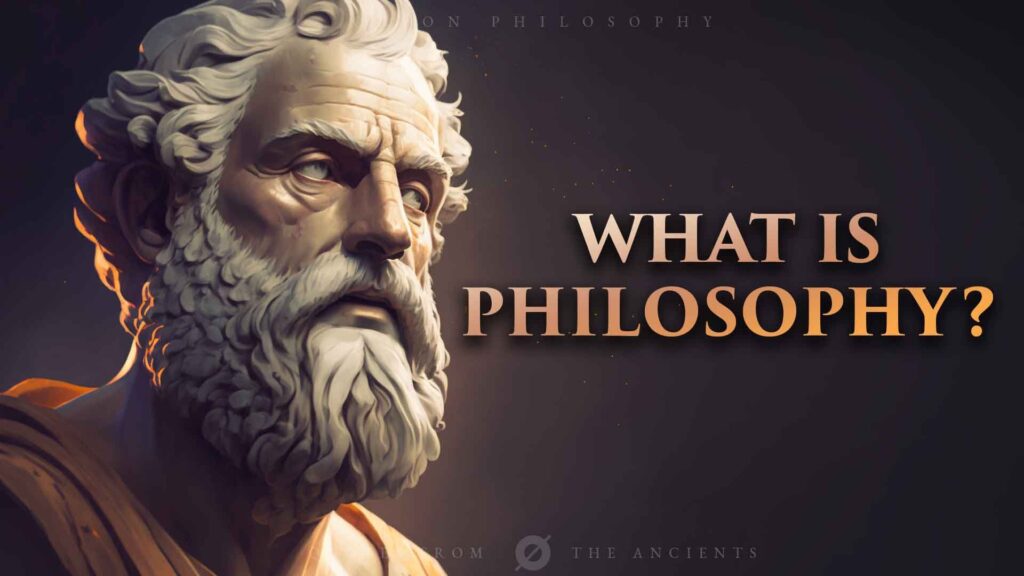Philosophy or art consultations typically involve providing expert advice and guidance in the areas of philosophy, art, or aesthetics. These consultations can be sought by individuals, organizations, educational institutions, or businesses needing expertise for specific projects, critical analyses, or intellectual support. Here’s an overview of how these consultations generally work:
1. Initial Contact and Assessment
- Inquiry: The client reaches out to a philosophy or art consultant with a specific need, question, or project.
- Assessment: The consultant assesses the client’s objectives, the scope of the project, and the specific areas of philosophy or art involved. This could include an initial discussion to clarify goals and understand the context.
2. Proposal and Agreement
- Proposal: The consultant prepares a proposal outlining the scope of work, methodology, timeline, deliverables, and costs. This document details how the consultant plans to address the client’s needs.
- Agreement: Both parties agree on the terms of the consultation, formalized through a contract. This contract may include confidentiality clauses, intellectual property rights, and payment terms.
3. Research and Analysis
- Background Research: The consultant conducts thorough research related to the client’s question or project. This might involve reviewing philosophical texts, art historical sources, or contemporary critiques.
- Analysis: The consultant applies relevant philosophical or artistic methodologies to analyze the problem or project. This can include textual analysis, critical theory, aesthetic evaluation, or ethical reasoning.
4. Development of Insights and Recommendations
- Insight Development: The consultant formulates insights based on their analysis. In philosophy, this might involve developing arguments, clarifying concepts, or providing ethical evaluations. In art, this could involve critiquing works, suggesting curatorial approaches, or providing historical context.
- Recommendations: The consultant provides practical recommendations or intellectual guidance based on their findings. This might include suggesting actions, developing strategies, or offering new perspectives.
5. Reporting and Presentation
- Report Preparation: The consultant prepares a detailed report outlining their findings, insights, and recommendations. This report is often tailored to the client’s needs and may include visual aids, summaries, and references.
- Presentation: The consultant presents their findings to the client, often through a formal presentation or discussion. This allows for questions, clarifications, and deeper engagement with the material.
6. Implementation Support
- Guidance: If the consultation involves implementing changes or new strategies, the consultant may provide ongoing support. This can include helping to develop new policies, advising on philosophical or artistic practices, or providing further education or training.
- Follow-up: Consultants often provide follow-up support to ensure their recommendations are effectively implemented and to address any new issues or questions that arise.
7. Review and Feedback
- Evaluation: The success of the consultation is evaluated based on the client’s objectives and the outcomes achieved. Follow-up meetings or surveys may be used to gather feedback.
- Continuous Improvement: Feedback from the client is used to refine and improve future consultation processes. Successful outcomes may lead to ongoing partnerships or additional projects.
Common Areas of Philosophy and Art Consultation
- Philosophy:
- Ethics: Corporate ethics, bioethics, and environmental ethics.
- Political Philosophy: Policy analysis, social justice issues, and human rights.
- Aesthetics: Art theory, criticism, and the philosophy of beauty.
- Education: Curriculum development, critical thinking programs, and educational philosophy.
- Art:
- Art Curation: Exhibition planning, gallery curation, and collection management.
- Art Criticism: Critiquing artworks, providing historical context, and contemporary analysis.
- Art History: Research and analysis of art historical movements, periods, and artists.
- Art Education: Developing educational programs, workshops, and lectures.
Key Skills and Qualities of a Philosophy or Art Consultant
- Expertise: Deep knowledge and experience in a specific philosophical field or area of art.
- Analytical Skills: Ability to analyze complex texts, artworks, and concepts.
- Communication: Strong skills in explaining complex ideas clearly to non-experts.
- Critical Thinking: Ability to develop and critique arguments, concepts, and theories.
- Creativity: Innovative thinking to provide new perspectives and solutions.
- Project Management: Ability to manage projects efficiently, meeting deadlines and staying within budget.
Overall, philosophy and art consultations involve leveraging deep intellectual and creative expertise to solve problems, provide critical insights, and support decision-making across various contexts.
Philosophy (Art) consultations are a specialized service where experts provide guidance and advice on integrating philosophical concepts into art projects or interior design. Here’s a general outline of how these consultations typically work:
- Preliminary Consultations: The process often begins with preliminary consultations to understand the client’s needs and preferences1. This stage is crucial for establishing a clear understanding of the client’s vision and the philosophical themes they wish to explore.
- Concept Development: Following the initial discussions, consultants develop an individual concept that aligns with the client’s vision while incorporating philosophical and artistic elements1. This concept serves as the foundation for the project.
- Detailed Design and Planning: Consultants then create detailed designs that take into account all architectural, engineering, and philosophical requirements. This phase may include project approval and obtaining necessary permits if required1.
- Construction Oversight and Decoration: If the project involves construction, consultants may provide oversight to ensure that the work adheres to the design plan. They may also assist with interior decoration and styling to bring the philosophical concepts to life in the space1.
- Project Implementation Support: Consultants offer a full range of services to support the implementation of the project. This includes selecting materials and equipment, coordinating processes, and providing on-site work control1.
- Post-Implementation Review: After the project is completed, consultants may conduct a review to ensure that the final outcome aligns with the initial concept and meets the client’s expectations1.
Throughout the process, the goal is to create a space that combines beauty, functionality, and the joy of living, all while reflecting the philosophical ideas that the client wishes to express. The consultants work closely with the client to transform their space, merging functionality with aesthetics, and ensuring that every detail contributes to a cohesive philosophical narrative1.




